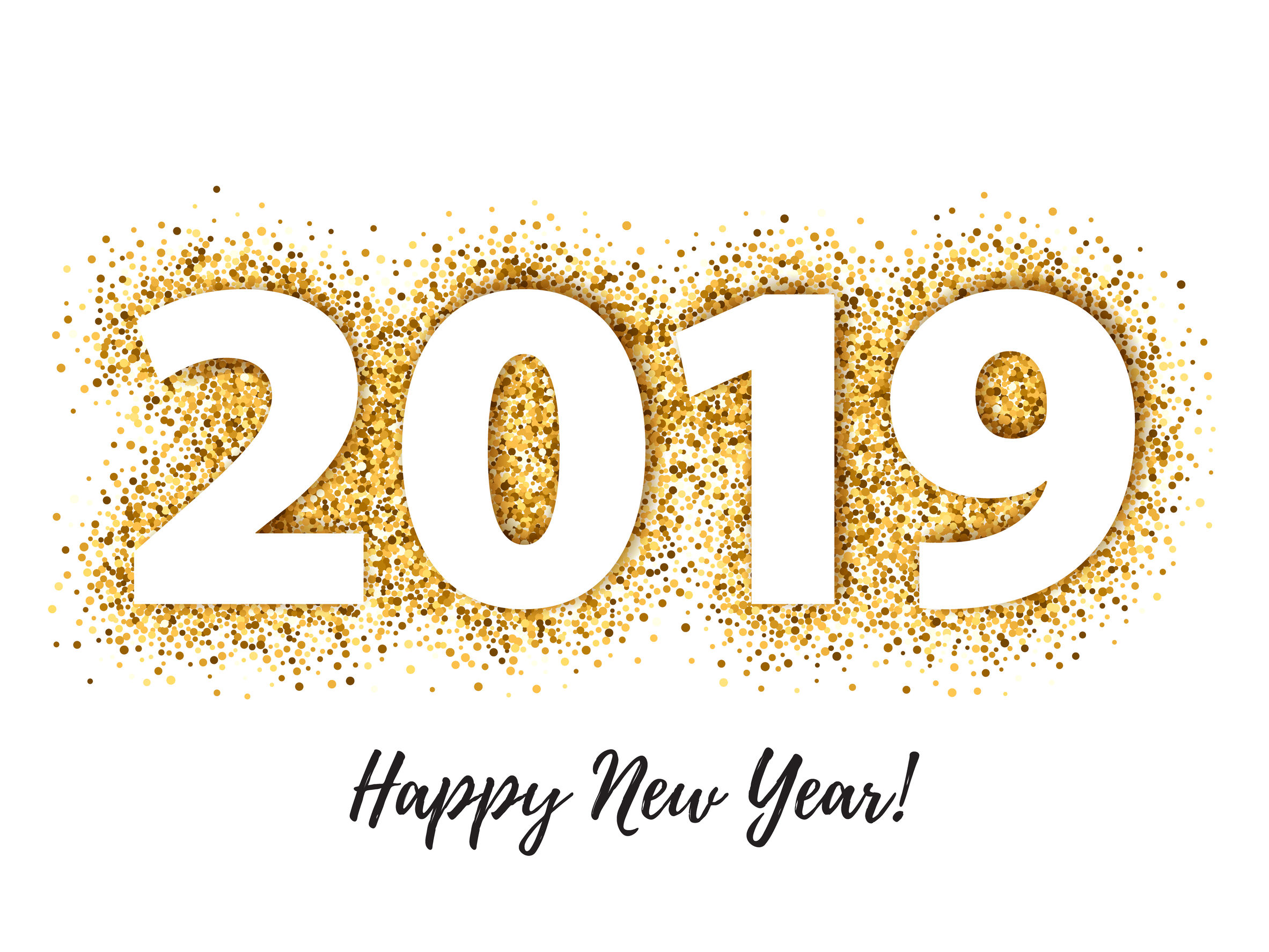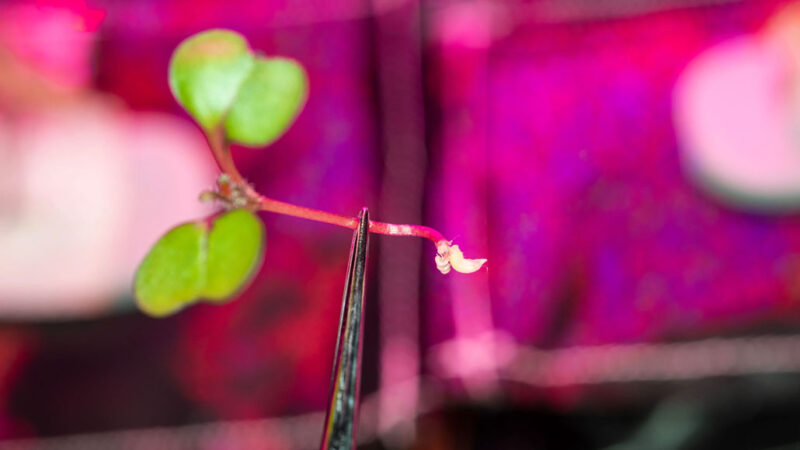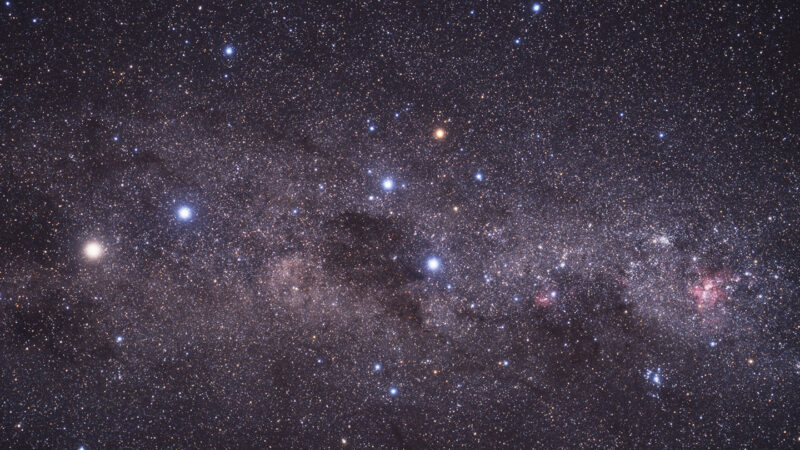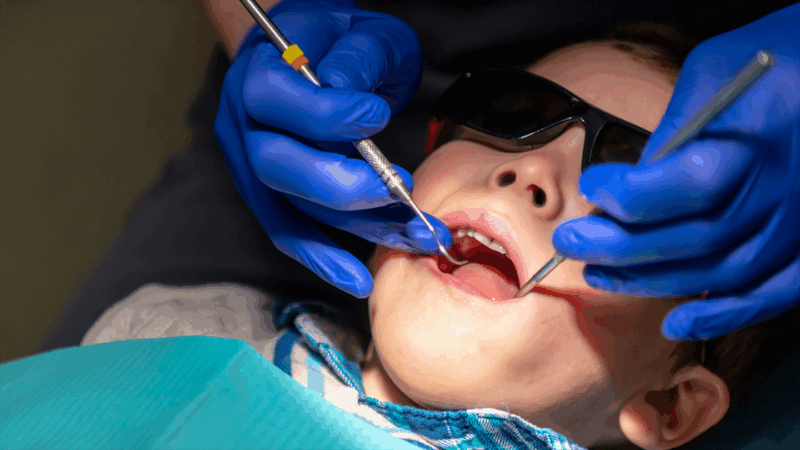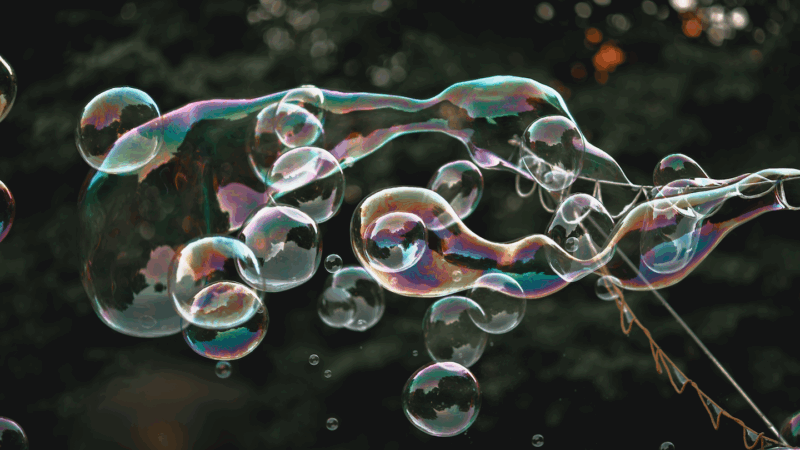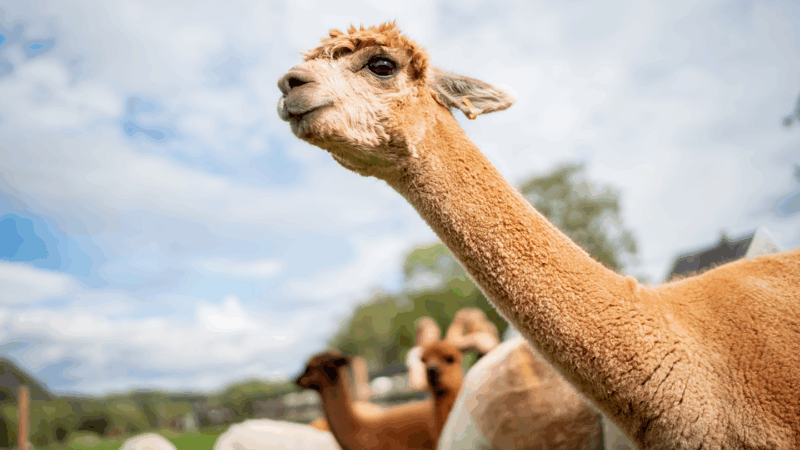Happy New Year! 2018 is behind us! Now, it is time to look forward to see what 2019 has in store for us. From new comets to hybrid eclipses to new spacecraft, 2019 looks like it is going to be a great year for science.
Here at Brian Williams Science, we thought we would help get you started by giving you some dates and events that you might want to keep on your calendar. You probably can’t do it all, but we are sure that you will find something on the list that you and your children might find interesting.
2019 Year Long Events
2019 – International Year of the Periodic Table of Chemical Elements, 50th anniversary
2019 – 50th anniversary of Apollo 11 Moon Landing (July 20, 1969) and Apollo missions
2019 – NASA 60th anniversary
2019 Summer Reading – A Universe of Stories 219 Summer Learning Program
JANUARY
January 1: New Horizons space probe flies by Kuiper belt object (486958) 2014 MU69
January 3: Earth at Perihelion
January 2: National Science Fiction Day (Isaac Asimov’s Birthday)
January 3-4: Quadrantids Meteor Shower
January 5: National Bird Day
January 5-6: Partial Solar Eclipse
January 9: National Static Electricity Day
January 15-18: The Association for Science Teacher Education International Conference (San Antonio, TX)
January 21: Full Wolf Moon (also known as the Old Moon) This is also the first of three supermoons for the year.
January 20-21 – Total lunar eclipse
FEBRUARY
February is National Hearth Month
February 2: Groundhog Day
February 2: World Wetlands Day
February 11: National Inventors’ Day
February 12: Darwin Day
February 13–17: The American Association for the Advancement of Science Annual Meeting (Chicago, IL)
February 15-18: The Great Backyard Bird Count
February 19: Full Snow Moon (also know as the Full Hunger Moon). The second of three supermoons for the year.
February 17-23: National Engineers Week
February 21: Introduce a Girl to Engineering Day (Girl Day)
February 27: International Polar Bear Day
MARCH
March is National Nutrition Month
March 11-17: National Bubble Week
March 11–17: Brain Awareness Week
March 14: Pi Day
March 14: National Learn about Butterflies Day
March 21: Full Worm Moon (also known as Full Crow Moon or Full Crust Moon). The last of three supermoons for the year.
March 20: International Earth Day
March 20: Vernal (March) Equinox
March 22: World Water Day
March 23: World Meteorological Day
March 27: Comet Holmes passes Earth
March 30: Earth Hour
March 30-April 2: National Association for Research in Science Teaching National Conference (Pittsburgh, PA)
March 30-April 7: NanoDays
March 31-April 7: International Dark Sky Week
APRIL
April is Global Astronomy Month
April 3: Global Day of the Engineer
April 6-14: National Robotics Week
April 7: World Health Day
April 3-6: National Science Teachers Association National Conference (Boston, MA)
April 12: Yuri’s Night
April 13: Citizen Science Day
April 13-19: National Environmental Education (EE) Week
April 19: Full Pink Moon (also known as Full Sprouting Grass Moon, Egg Moon, or Fish Moon)
April 25: DNA Day
April 22-23: Lyrids Meteor Shower
April 22: Earth Day (US)
April 25: National DNA Day
April 26-27: USA Science and Engineering Festival (Washington, DC)
MAY
May is Clean Air Month
May 6-7: Eta Aquarids Meteor Shower
May 6-12: Astronomy Week
May 10: Saturn makes its closest approach to Earth (rings and moons visible with a telescope)
May 11: National Astronomy Day
May 10-11: International Migratory Bird Day
May 18: Full Flower Moon (also known as Full Corn Planting Moon and Milk Moon). This is also a rare seasonal blue moon.
May 14-17: National Science Teachers Association STEM Forum (New Orleans, LA)
May 18: Kids to Parks Day
May 22: International Day for Biological Diversity
May 24: 209P/LINEAR Meteor Shower (possibly a new meteor shower)
May 29-30: Manhattanhenge
May 30-June 4: World Science Festival
JUNE
June is Home Safety Month
June 5: World Environment Day
June 8: World Oceans Day
June 10: Jupiter at Opposition (great time to view the planet)
June 17: Full Strawberry Moon (also know as the Full Rose Moon and the Full Honey Moon)
June 21: Summer (June) Solstice
June 28: Tau Day
June 30: Asteroid Day
JULY
July is UV Safety Month
July 2: Total solar eclipse will occur (totality visible in the South Pacific and South America)
July 4: Earth at Aphelion
July 9: Saturn at Opposition (great time to view the planet)
July 11-12: Manhattanhenge
July 16: Partial lunar eclipse
July 16: Full Buck Moon (also known as Full Thunder Moon or Hay Moon). Partial lunar eclipse
July 20: Anniversary of Apollo 11 first step on the Moon July 20, 1969
July 22: Pi Approximation Day
July 22: World Brain Day
July 28-29: Delta Aquarid Meteor Shower
AUGUST
August is Children Eye Health and Safety Month
August 15: Full Sturgeon Moon (also known as the Full Green Corn Moon and Grain Moon) Supermoon (year’s largest full moon)
August 12-13: Perseids Meteor Shower
August 19: National Aviation Day
SEPTEMBER
September 9: Neptune at Opposition (great time to view the planet)
September 14: Full Harvest Moon (also known as the Full Corn Moon)
September 23: Autumnal (September) Equinox
September 28: National Public Lands Day
September 29: World Heart Day
September 29: Worldwide Day of Play (WWDoP)
September 30-October 3: IdeaFestival
OCTOBER
October is National Energy Awareness Month
October 4: World Animal Day
October 4-10: World Space Week
October 5: Astronomy Day
October 5: International Observe the Moon Night
October 6-12: National Metric Week
October 7-13: World Rainforest Week
October 8: Ada Lovelace Day
October 8: Draconids Meteor Shower
October 9: National Nano Day
October 10: Metric Day
October 13: Hunter’s Full Moon (also know as the Full Blood Moon)
October 13–19: Earth Science Week
October 14-18: Nuclear Science Week
October 16: Hagfish Day
October 19: National Fossil Day
October 19: Comet C/2013 A1 (Siding Spring) makes its closest approach to Mars
October 20-26: National Chemistry Week
October 21-22: Orionids Meteor Shower
October 23: National Mole Day
October 27: Uranus at Opposition (great time to view the planet)
NOVEMBER
November is National Healthy Skin Month
November 1-3: World Championship Punkin Chunkin
November 5-6: Taurids Meteor Shower
November 10: International Science Center and Science Museum Day
November 10: Pi Celebration Day (314th day of the year)
November 11: Rare transit of Mercury
November 12: Full Beaver Moon (also known as the Full Frosty Moon)
November 15: America Recycles Day
November 17-18: Leonid Meteor Shower
November 20: Geographic Information Systems (GIS) Day
November 23: Fibonacci Day
DECEMBER
December 9-15: Computer Science Education Week (CSEdWeek) and Hour of Code
December 11: International Mountain Day
December 12: Full Cold Moon (also know as Full Long Nights’ Moon and the Moon Before Yule)
December 7-13: National Handwashing Awareness Week
December 10: Nobel Prize Ceremony (Stockholm Concert Hall, Sweden)
December 13-14: Geminids Meteor Shower
December 21: Winter (December) Solstice
December 26: Annular Solar Eclipse
December 30: National Bicarbonate of Soda Day
These are just some of the exciting science events going on this year. As we discover more, we will be sure to let you know here or on the Brian Williams Science Facebook Page

